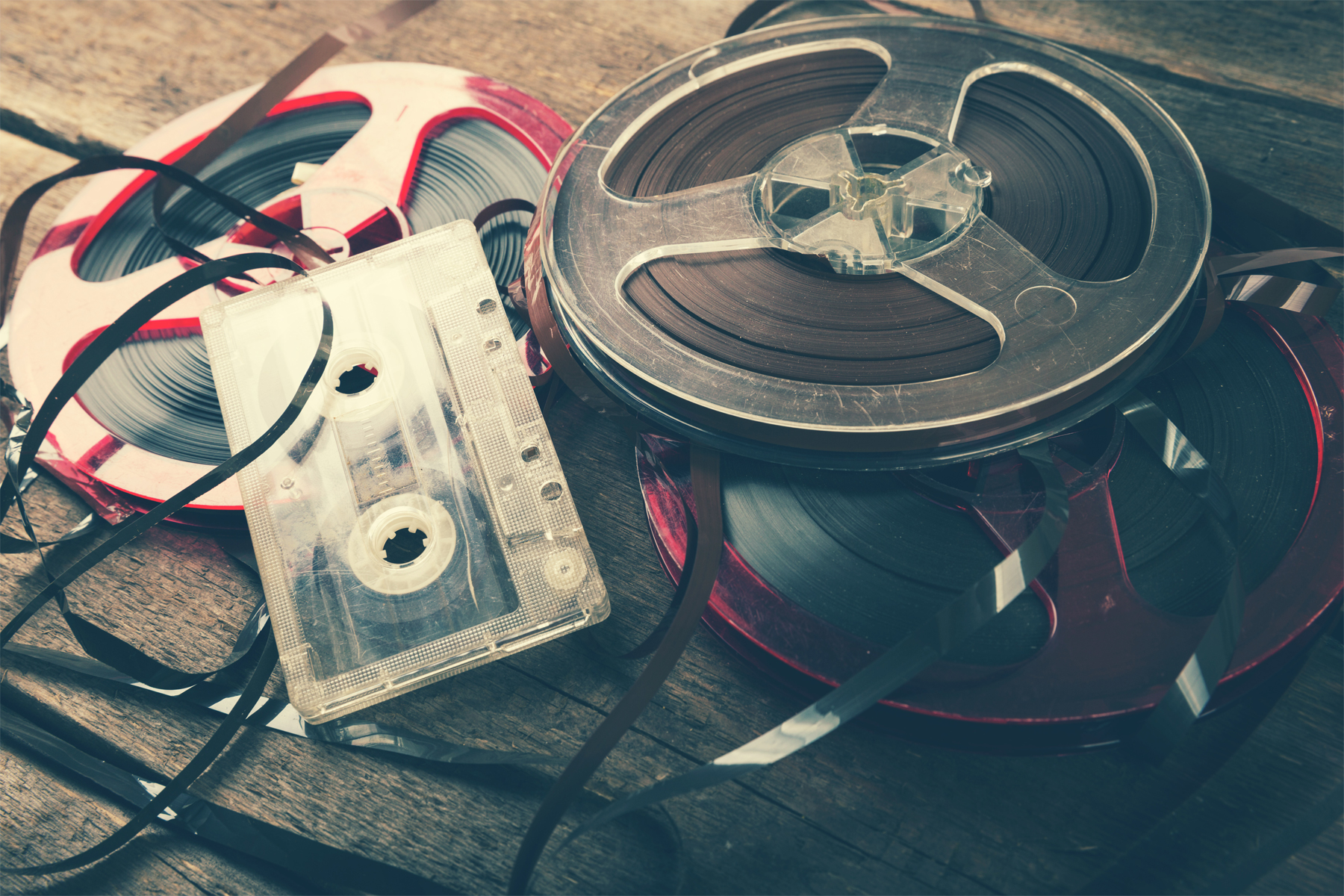This content was created by Xtra’s branded content team alongside BOLDFest, separate from Xtra’s editorial staff. BOLD’s mission is to raise the visibility of older lesbians and provide a venue to meet and share information. BOLDFest 2018 runs Aug 30–Sep 2 at Vancouver’s Coast Coal Harbour Hotel.
“Storytelling — telling our own stories — is incredibly powerful and deeply meaningful, and it’s also a way for us to connect with each other,” says historian Elise Chenier.
So what happens when there’s not much written about your history?
Chenier fell in love with documenting queer women’s history as a university undergraduate in the late ’80s and early ’90s.
“[It was] initially women’s history, and then immediately after, queer women’s history when I learned that was actually something you could write about,” she says.
But it didn’t take her long to discover that at that time, there had not been much written about queer women’s history at all.
“Oral history became an important way to collect the information I needed to be able to write about it,” she explains. This necessity soon became a lifelong passion.
“Whether we’re the same generation or across generations,” Chenier says, “[storytelling is] a really, really powerful tool, and I found it a deeply satisfying and moving way to come to terms with both the wonder and the beauty — but also the complexity and the trauma — of being a queer woman.”
She began her work as an oral historian recording the life experiences of older same-sex attracted women.
“Of course, back in those days . . . we did all our interviewing onto analogue tapes, so several years ago I realized that these tapes were in danger of degrading,” she says.
By then, many of the women she had interviewed had either passed away or were impossible to locate.
“These were the only records we had of them, so I decided to initiate a digitization project,” she says. “Not only to digitize them, but to put them online.”
Now a history professor at Simon Fraser University (SFU) researching sexuality, gender and race from queer, feminist and social justice perspectives, Chenier is also the director of the Archives of Lesbian Oral Testimony (ALOT).
ALOT preserves lesbian oral history through digitization. Since 2010, the organization has made these rich historical accounts — including Chenier’s body of work — available online for anyone with a high-speed internet connection.
Oral histories, Chenier explains, is a vital means of preserving history, particularly the histories of traditionally marginalized communities.
“Oral history in the tradition I was trained in is very much about promoting democracy. It’s putting history in the hands of people who lived it and enabling them,” she says. “So it’s not just about going out into communities and extracting knowledge from those communities and using them for scholarly purposes. The intention really is supposed to be about empowering the disempowered.”
In countries like Canada, America and the United Kingdom, recorded history is typically the history of the predominantly white ruling middle-class. With the invention and expansion of the internet, the democratization of oral history has opened new doors for sharing oral histories and research findings in ways that were previously impossible.
Chenier’s research has spanned topics from Toronto’s lesbian history to research on interracial relationships between white women and Chinese men prior to the Second World War.
“Oral history is about uncovering the history of people who are not part of that traditional historical record and writing them into that historical record,” Chenier says. “It’s a really fantastic tool for me to give back to the community that I work with.”
Chenier says SFU was not just receptive, but enthusiastic about the project and provided the digital infrastructure needed to host ALOT’s archives. ALOT recently received funding to open the archive to community users who can now upload their own interviews and profiles. This funding has also supported the launch of a podcast series featuring interviews with those who have donated oral histories to ALOT or other archives.
This project will be the focus of Chenier’s workshop at Vancouver’s BOLDFest this year.
Unfortunately, the project did not generate significant donations of new material. Chenier suspects this is due to the time commitment required to record a piece of oral history.
“Making the time to sit down with someone and record a conversation with them — although in my opinion is one of the best ways to pass an afternoon — can be a daunting prospect for someone who has never done it before,” she says. “The strength of the archives is making the material we have available.”
She encourages others to contribute to LGBT archives including notable ones such as the Canadian Lesbian and Gay Archives and UVIC Transgender Archives, or broader historical or city archives.
“In the ’90s, lesbian and gay history was still pretty obscure, and niche — and I think it still is considered niche — but in the world of archiving, lesbian and gay material is considered now more interesting than it was.”
BOLDFest
Coast Coal Harbour Hotel, Vancouver
Aug 30–Sept 2, 2018
boldfest.com
The “Preserving Our History at The Archives of Lesbian Oral Testimony (ALOT)” workshop with Elise Chenier,” will take place on Friday, Aug 31 from 1:45pm to 3:45pm.


 Why you can trust Xtra
Why you can trust Xtra